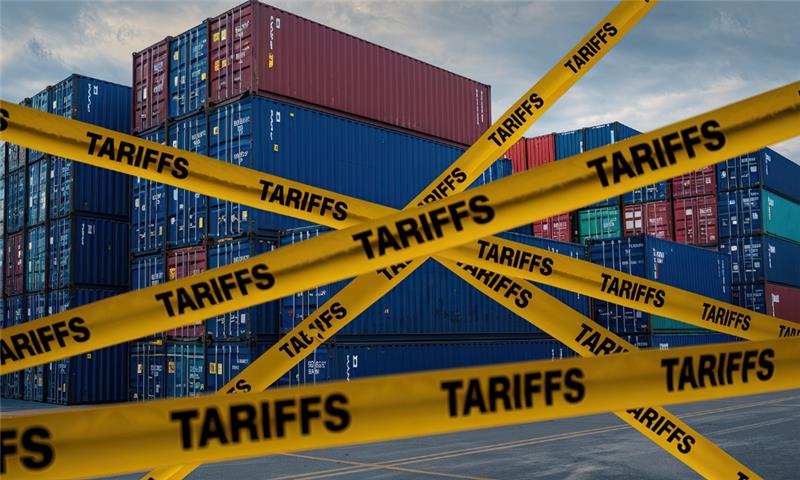Canada’s retaliatory tariffs against the US are negatively affecting over half of the country’s small businesses, according to the Canadian Federation of Independent Business.
Data showed that 58 percent of small businesses were impacted by the retaliatory tariffs on non-steel and aluminum goods from the US. Almost a third of small-to-medium enterprises are expected to be hit by the elimination of the $800 US de minimis exemption.
The US and Canadian tariffs on steel and aluminum products have already affected 59 percent of small businesses. Sixty-two percent of small businesses are juggling bigger expenses, while 48 percent are recording revenue decline.
Forty-one percent are experiencing supply chain disruptions; 36 percent saw investments halt. According to 19 percent of small businesses burdened by additional tariffs, they would not survive beyond six more months in the current atmosphere; 38 percent reported that they would not last a year.
“Small businesses don’t have a lot of runway left. They are trying their best to absorb the costs, but if nothing changes, they will be forced to make some tough decisions,” said Corinne Pohlmann, CFIB’s executive vice-president of advocacy, in a statement. “The worst outcome for Canada in the trade war is a bad deal, but the second worst outcome is the never-ending uncertainty small business owners have been wrestling with for the past six months.”
Pohlmann called on the government to assist these businesses.
“The federal government needs to provide some stability and return tariff revenue to help small businesses. We’ve suggested several options, including temporarily reducing the federal small business tax rate to zero or a tariff rebate designed on earlier models, like the carbon tax rebate,” she said.
Eighty-two percent of small businesses said the government must allocate part of any returned tariff revenue to helping small businesses impacted directly and indirectly by trade tensions, given that Ottawa is earning billions in extra revenue from tariffs on US imports,
“The trade war’s impact on Canada’s small businesses should be top of mind for the government as Canada continues its negotiations with the US. Canada can’t fix its productivity crisis without empowering its entrepreneurs,” Pohlmann said. “If the government wants to build one Canadian economy, it needs to ensure small businesses are part of the solution and that includes providing them with tariff support during this very challenging time.”





